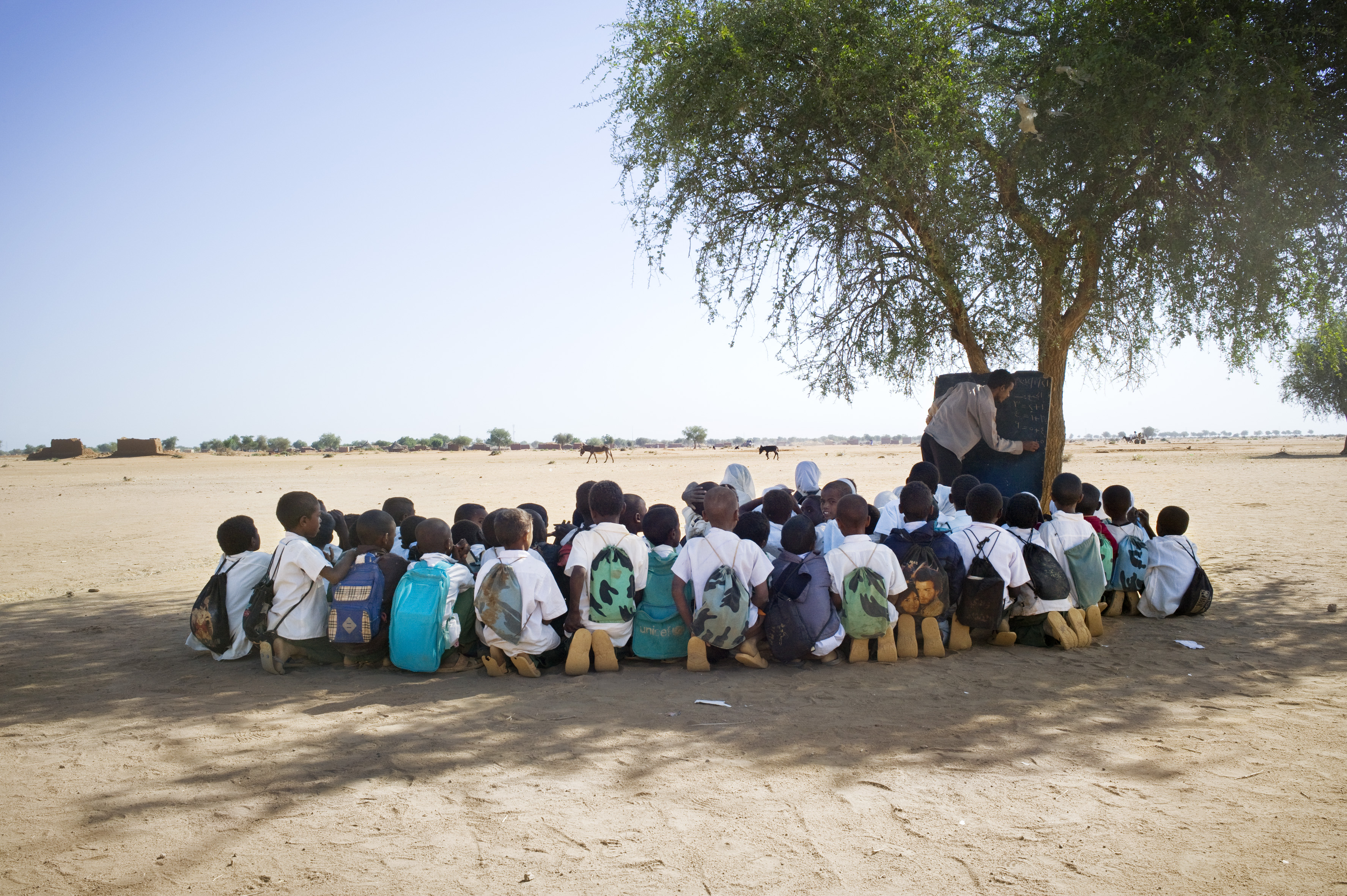
Policies
Rwanda School Meal Program
Context and Problem
In pre-2019, Rwanda had a school meal program. However, its size was small. Only 660,000 students were receiving meals at school, and that was primarily secondary schools. Additionally, the budget for the whole program was US$8 million in 2020, which was inefficient as it could not provide high food quality and universal coverage across Rwanda.
Students in Rwanda have had food insecurity and malnutrition issues, particularly in the underprivileged areas. A report by the World Food Programme (WFP) showcased that malnourished children are more likely to drop out of school and have poor academic performance.
Therefore, improving and expanding the school meal program was crucial.
Solution
In collaboration with the WFP, the Rwandan government implemented various program expansion strategies. First, there was a significant budget increase from $8 million in 2020 to $74 million in 2022, a nearly 10-fold increase. This scaling up of the program enabled more comprehensive coverage. Second, tax cuts were made on essential items like rice and maize to lower the cost of school meals. Third, parental contributions were decreased to only 11% of the program, with the government covering the remaining 89%. Last, Rwanda strengthened local supply chains by sourcing food from local farmers to support the program's economy and sustainability.
However, the program still has room to improve. Despite significant progress, many schools lack dining halls and adequate kitchen facilities, which limits the program's effectiveness. Additionally, the program showcased budget constraints as an overreliance on subsidies has sustainability issues.
Impact
The school meal program now reaches almost 4 million students around Rwanda across pre-primary, primary, and secondary schools, a significant increase from previous years when only secondary school children were covered. This has led to an improvement in school attendance and health and had an indirect positive effect on the local agriculture market.
Analysis
Rwanda’s school meal program offers a strong foundation for repeatability and scalability, supported by clear policy frameworks, local procurement, and international partnerships. Communities and countries should identify how such programs can be replicated and enable a better educational experience for their students. Such programs can be deployed by employing social protection and equity during policy design in education.












